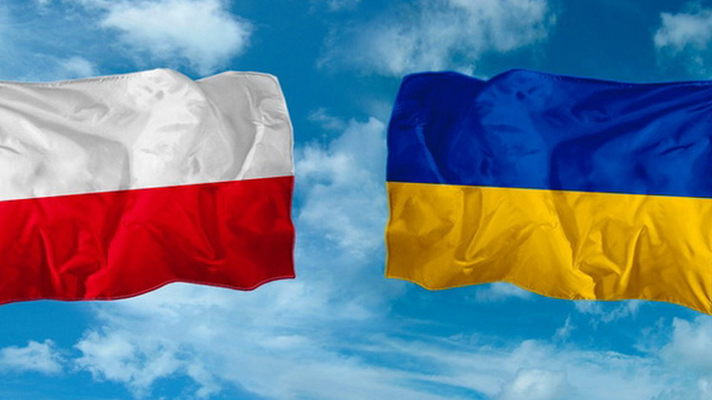A parliamentary resolution or declaration is an attempt to seek short-term political gains. At the same time, it is the failure to understand that there are quite a few shameful pages in the history of every nation and state.
Michał Dworczyk, the head of the Polish Sejm's Commission for Relations with Poles Abroad, believes that the authors of the appeal by Ukrainian politicians and intellectuals to establish days of memory for the victims of Polish repressions committed against Ukrainians are fighting not for the truth but for "short-term political gains."
But there is another no less important question -- are the authors of the appeal lying? Did the events mentioned in the document take place? And do the victims of these events deserve respect? Moreover, the Polish Parliament itself has repeatedly spoken the same way as the Ukrainian intellectuals -- for example, about "Operation Vistula."
In the history of Ukrainian-Polish relations of the first half of the 20th century there is one very important difference. Ukrainians, after the defeat of the Ukrainian National Republic (UNR) and the Western Ukrainian National Republic (ZUNR), did not have a state. Even when it came to joining the territories of Western Ukraine to the Ukrainian Soviet Socialist Republic, the decision was not made in Kyiv but in Moscow.
The decision to expel the Poles, to launch the persecution against them was approved by the Soviet political leadership -- or more accurately, the Russian leadership. Ask Russians if they consider the government that was in power in the Kremlin at that time a foreign one? Do they consider Joseph Stalin foreign?
The events during the Second World War that led to the massive loss of civilians were also carried out by political organizations and paramilitary formations. OUN (Organization of Ukrainian Nationalists), no matter how one views the organization, was not a state. And the UPA (Ukrainian Insurgent Army) was not a regular army.
But on the Polish side, it was the state that acted. The state itself. The decision on the pacification of Ukrainians was made by the state. The Vistula decision was made by the state. Perhaps a puppet state, but a Polish one nonetheless.
Or, shall we argue about the discernible differences between the Polish People's Republic and the Ukrainian Soviet Socialist Republic? I can even tell you what they were: the security forces in Poland were Polish, even if they were helped by Moscow. In Ukraine they were Russian, even if there were Ukrainians serving in them. And even during the Second World War, the same paramilitary formations whose soldiers were responsible for the death of civilians tried to act on behalf of the state. And many of them had been recognized by the Polish government in London. But there was no Ukrainian government -- at least no one recognized the émigré government body and no one obeyed it.
Does this mean that we should judge the Polish state of the early 20th century based on the international law of the 21st century? I don't think so.
This is precisely why historians should be the first ones to deal with questions of the historical responsibility of nations and states. Intellectuals should address these questions at forums. They should become chapters in school textbooks. But not resolutions or declarations in parliaments.
A parliamentary resolution or declaration is an attempt to seek short-term political gains. And at the same time, it is the failure to understand that there are many shameful pages in the history of every nation and state.
Poland, of course, is no exception. This is exactly what we tried to explain to Polish politicians and public figures when Volyn was discussed in the Sejm and the Senate. This is what I tried to convey to Michał Dworczyk, a man I respect, during a meeting on the eve of the infamous vote.
Bu the precise and unconditional assessment of the real nature of the actions by the Polish parliamentarians -- the attempt to seek short-term gains -- was made by Mr. Dworczyk only after the appeal by Ukrainian intellectuals and politicians to the Verkhovna Rada of Ukraine.




